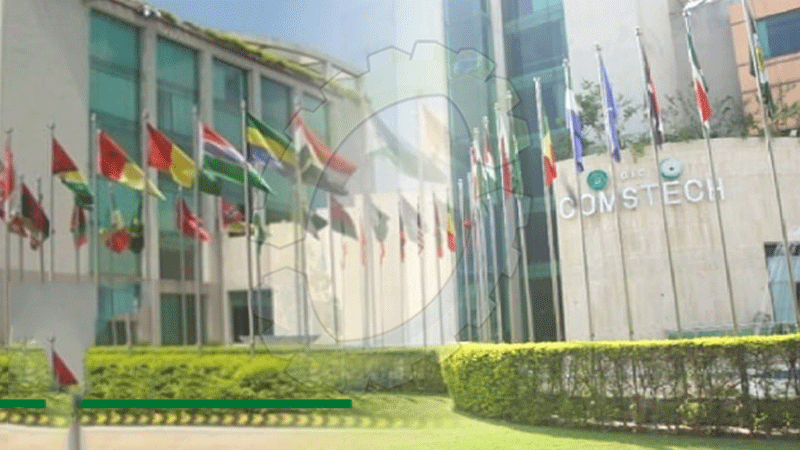Fellowships of three to ten months have been awarded to researchers from Cameroon, Iran, Iraq, Nigeria, Sudan, and Tunisia.

Five research grants and six fellowships totaling 52.65 million rupees were jointly funded by COMSTECH and the International Centre for Genetic Engineering and Biotechnology (ICGEB), Trieste, Italy. They were awarded to researchers from OIC member states.
Fellowships of three to ten months have been awarded to researchers from Cameroon, Iran, Iraq, Nigeria, Sudan, and Tunisia.
They will be hosted by Hungary, South Africa, Saudi Arabia, Algeria, and Italy. Researchers from Algeria, Iran, Kuwait, Malaysia, and Pakistan who submitted research projects have each received grants totaling 20,000 euros.
The research projects include: New 4-substituted Pyrazolidine and Isoxazolidine as potential antimicrobial agents; Overexpression of rate-limiting enzymes, DBTNBT and DBAT, in Taxus cell suspension culture using the CRISPR-Cas9 system as a successful strategy for a substantial increase in Taxol; Understanding the microbiome of healthy and mastitis-affected camel milk Rice’s ability to use phosphorus more effectively is improved by optimising the root system architecture and the heat transfer mechanism of biodiesel made from marine macroalgal feedstocks and activated palm kernel shell waste.
In order to establish a general framework for cooperation in science, education, and technology as well as to facilitate and strengthen collaboration between COMSTECH and the ICGEB in the fields of shared interest, the two organisations entered into a scientific programme agreement in April 2022. Research grants, the visiting scientist programme, and the fellowship programme are the three main facets of this programme.
The OIC Ministerial Standing Committee on Scientific and Technological Cooperation (COMSTECH), in contrast to the International Centre for Genetic Engineering and Biotechnology (ICGEB), which is an intergovernmental organisation and aligns its operations with those of the United Nations common system, aims to advance the socioeconomic development of OIC member states through the use of science, technology, and innovation as well as by supporting researchers.
In order to advance sustainable global development, it functions as a center of excellence for research, education, and technology transfer to industry.